The common characteristics of this plant include a bulbous trunk, which is used to store water and its long, hair-like leaves that grow from the top of the trunk like a ponytail, giving the plant its renowned name. A ponytail palm tree needs bright light, but because it is such a forgiving plant, it will be okay if you give it bright light about half the time. in fact, if you keep it in low light conditions half the year and provide bright light conditions the other half the year, it will be perfectly happy. This means that as long as you place it outdoors in the summer, it will tolerate any indoor light conditions you keep it in during the winter. In its native environment (eastern Mexico), the entire plant has been known to reach up to 30 ft. H. However, ponytail palms that are grown in gardens as landscape plants don't usually get to be more than 10 ft. tall. Kept indoors, they are rarely taller than 4 ft. As desert-natives, ponytail palms don't need much humidity, but placement near a draft or vent should be avoided as it may dry out the foliage. Use a fast draining soil, such as a cacti and succulent potting mix. If you have potting soil, sand and perlite already on hand, you can create your own desert soil mixture: Simply mix 1 part potting soil, 1 part perlite and 1 part sand.
Common characteristics of this plant include a bulbous trunk, which is used to store water and its long, hair-like leaves that grow from the top of the trunk like a ponytail, giving the plant its renowned name
Ponytail palm tree needs bright light, but because it is such a forgiving plant, it will be okay if you give it bright light about half the time. in fact, if you keep it in low light conditions half the year and provide bright light conditions the other half the year, it will be perfectly happy, this means that as long as you place it outdoors in the summer, it will tolerate any indoor light conditions you keep it in during the winter
Native environment (eastern Mexico), the entire plant has been known to reach up to 30 ft. H, however, ponytail palms that are grown in gardens as landscape plants don't usually get to be more than 10 ft. tall, kept indoors, they are rarely taller than 4 ft.
Desert-natives, ponytail palms don't need much humidity, but placement near a draft or vent should be avoided as it may dry out the foliage
Use a fast draining soil, such as a cacti and succulent potting mix, if you have potting soil, sand and perlite already on hand, you can create your own desert soil mixture: simply mix 1 part potting soil, 1 part perlite and 1 part sand

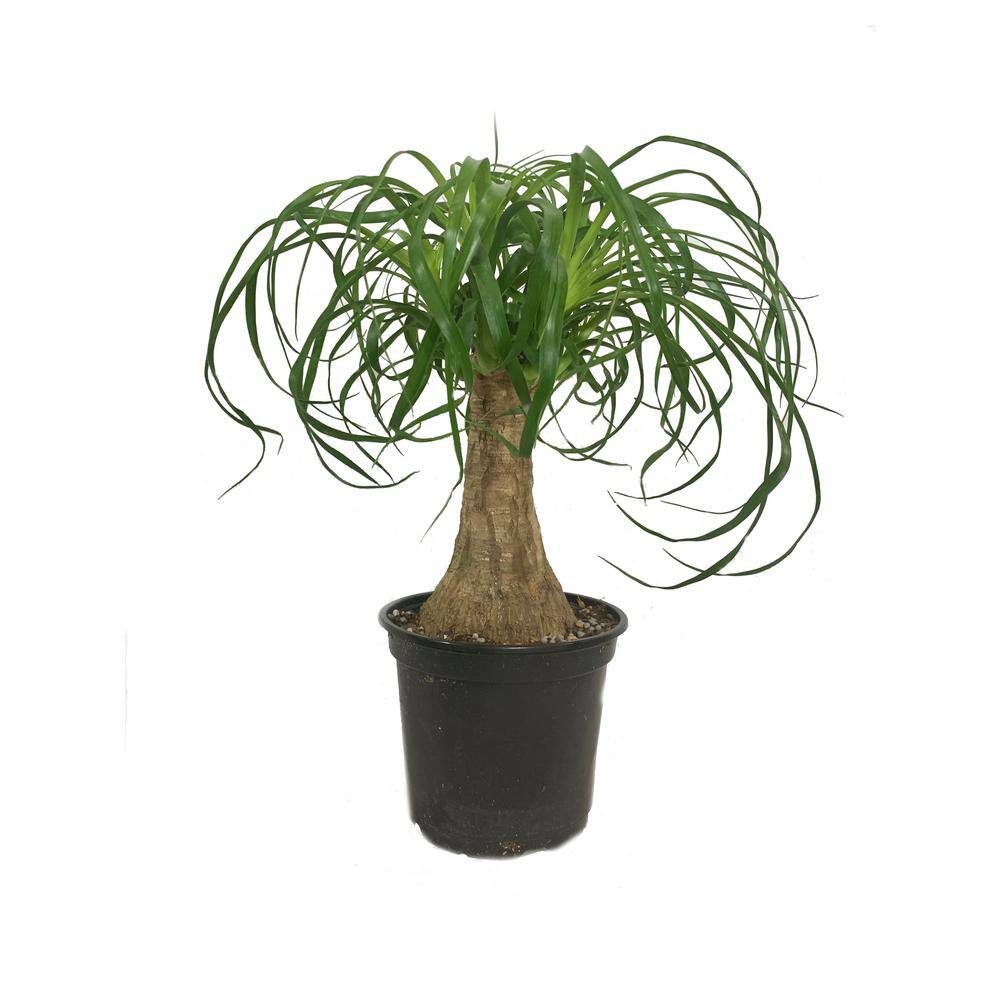
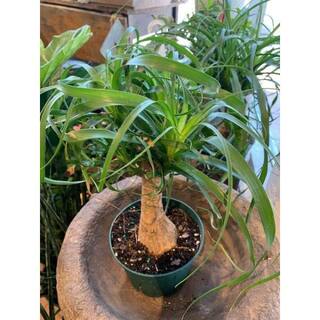
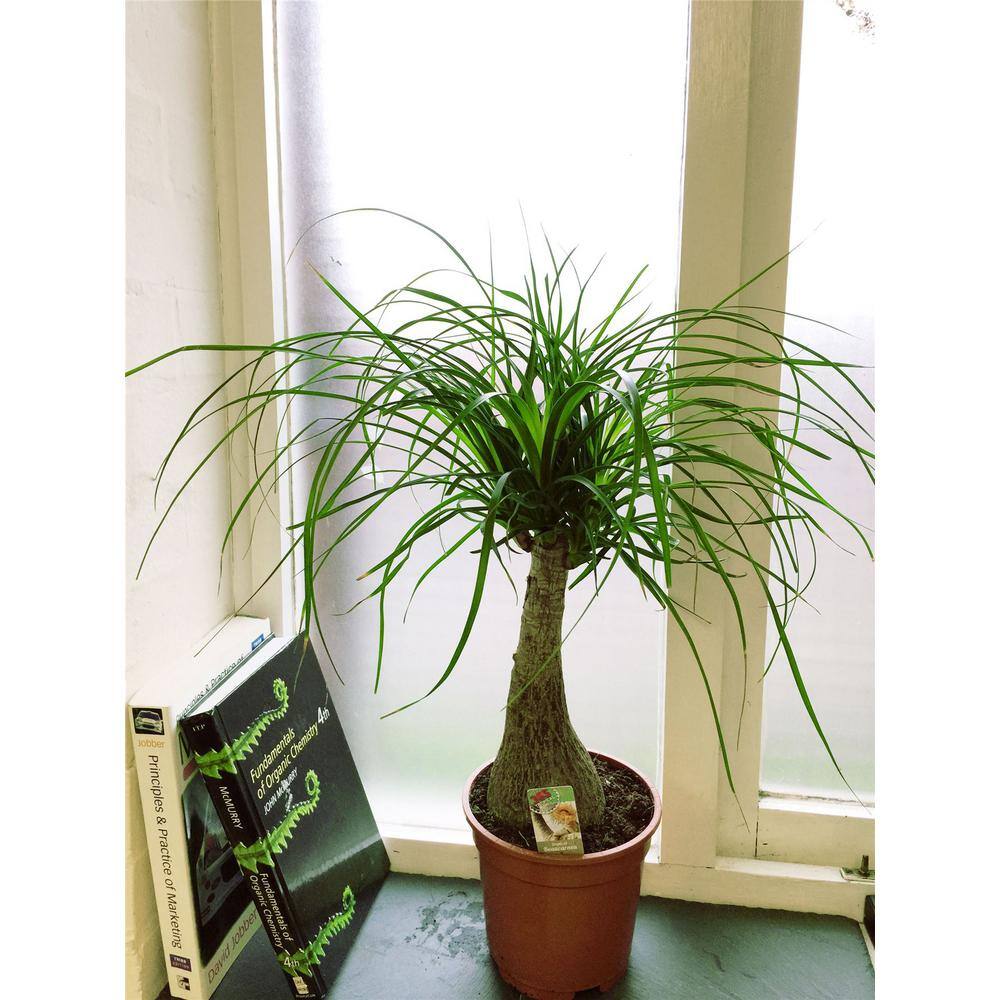
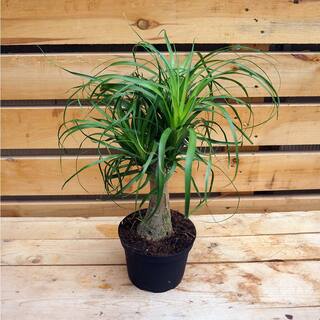
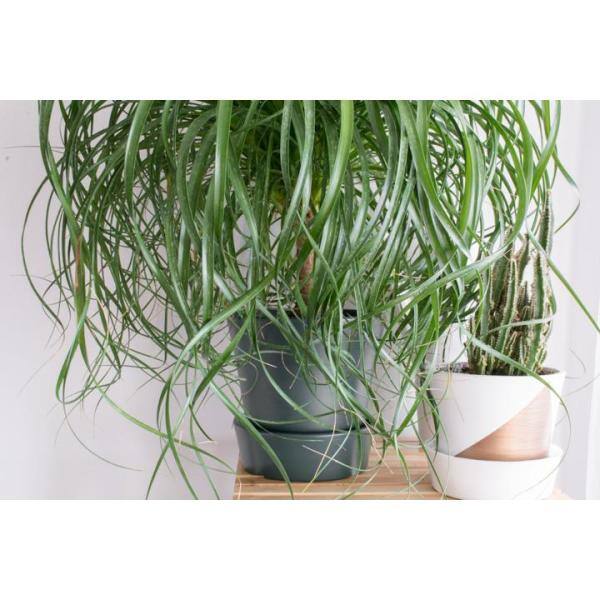

Comment